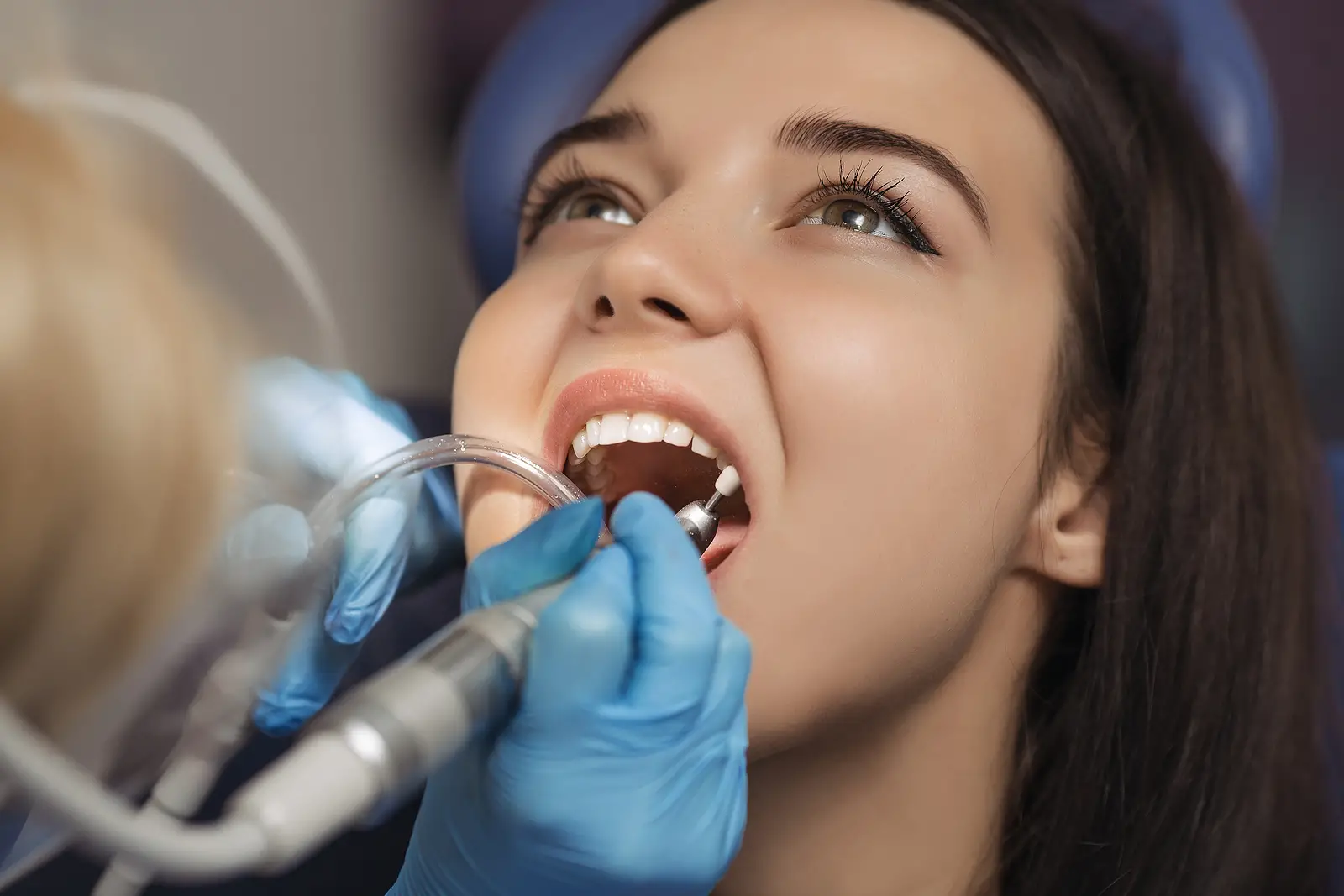Regular professional dental cleanings form a cornerstone of good oral health, but finding the right schedule can feel confusing. Depending on your oral health status and goals, you might need to see the dentist at more frequent intervals. Here is more information on the key factors that influence how often you need dental cleanings:
Understanding Risk Factors
Your personal circumstances play a major role in determining how often you need professional dental cleanings. People with healthy gums and minimal plaque buildup typically go with standard six-month appointments. Those who face ongoing gum inflammation, frequent cavities, or rapid tartar formation may benefit from more frequent visits. Your daily oral hygiene routine directly impacts your cleaning needs. Consistent brushing, flossing, and mouthwash use help maintain cleaner teeth between appointments.
Smoking accelerates plaque formation and can cause gum problems. Frequent consumption of sugary drinks, coffee, or wine can increase staining and bacterial growth. High stress levels sometimes lead to teeth grinding or neglected oral care, both of which affect your mouth’s health.
Certain medical conditions and medications create additional challenges. Diabetes can slow healing and increase infection risk in your mouth. Heart conditions sometimes require special precautions during dental procedures. Medications that cause dry mouth reduce your natural ability to wash away bacteria and food particles.
Exploring Cleaning Schedules
The traditional six-month cleaning schedule works well for many people with good oral health and consistent home care. This frequency allows dental professionals to catch problems early while giving you enough time between visits to maintain your results. Some people require three- or four-month cleaning intervals. This schedule benefits those with a history of gum disease, heavy tartar buildup, or difficulty maintaining oral hygiene at home. More frequent visits help prevent small problems from becoming bigger issues and keep your mouth feeling fresh and clean.
Working With Your Dental Team
Your dentist and dental hygienist serve as your best resources for creating the right cleaning schedule. They assess your gum health, examine plaque and tartar buildup, and spot early signs of potential problems that might not be visible to you. Open communication with your dental team helps them make informed recommendations. Share information about changes in your health, medications, lifestyle, or home care routine. Discuss any concerns you have about your current cleaning frequency or any symptoms you notice between visits.
Your dental professional can explain what they observe during your examination and why they recommend a particular schedule. They might suggest adjusting your frequency based on improvements in your oral health or changes in your risk factors. Understanding the reasoning behind your cleaning frequency helps you make informed decisions and stay motivated to maintain good oral health between visits.
Learn More About Dental Cleanings
Determining your ideal cleaning frequency requires balancing your oral health needs with practical factors like your schedule and budget. Your cleaning frequency can evolve as your oral health changes, your life circumstances shift, or your home care routine improves. The most effective cleaning schedule combines professional care with consistent daily habits. Regular communication with your dental team, attention to changes in your mouth, and commitment to good home care create the foundation for a healthy smile. Consult with a dentist to see how frequently you require teeth cleanings.


Leave a Reply